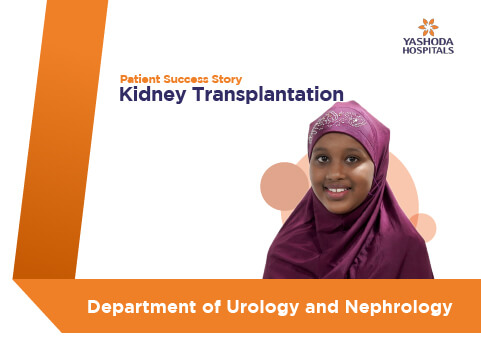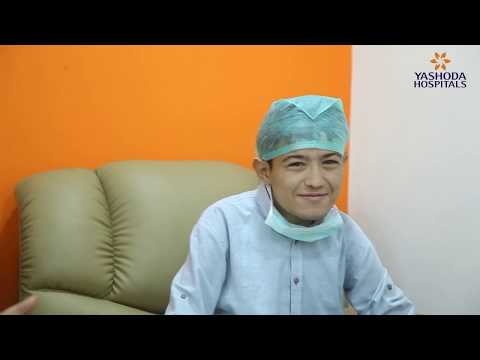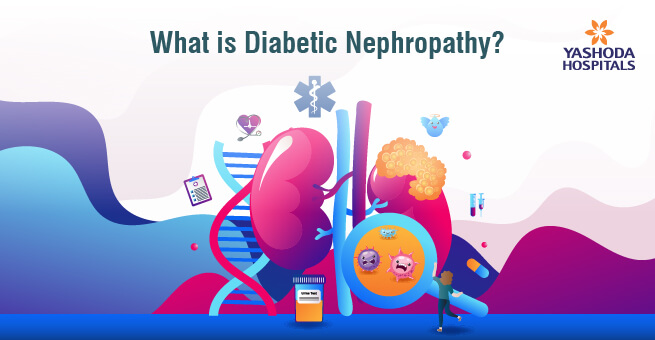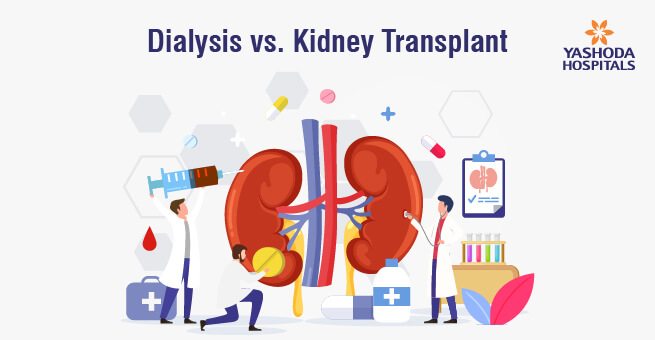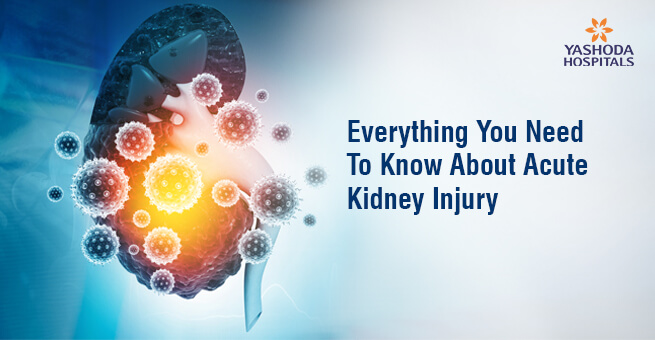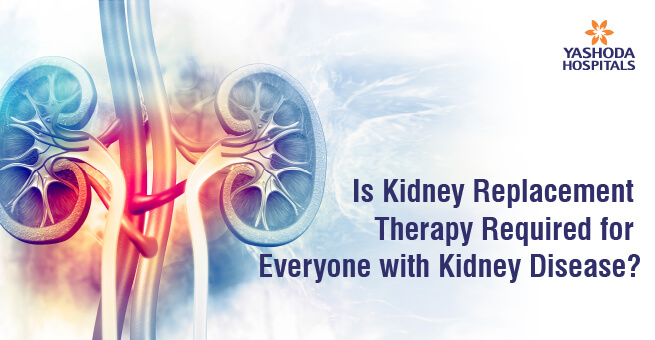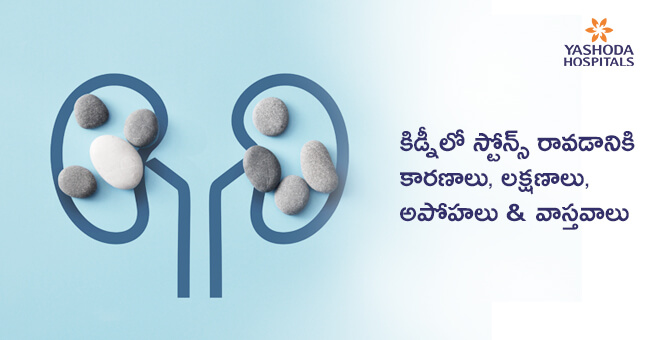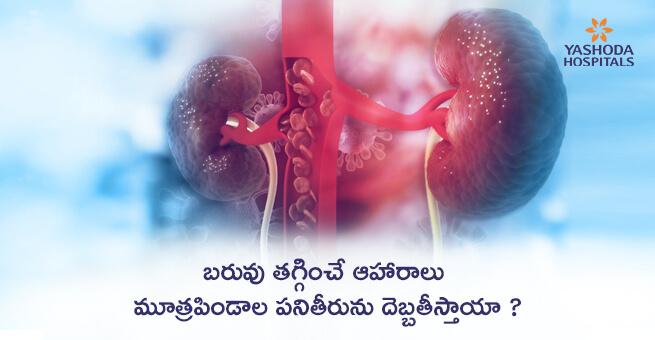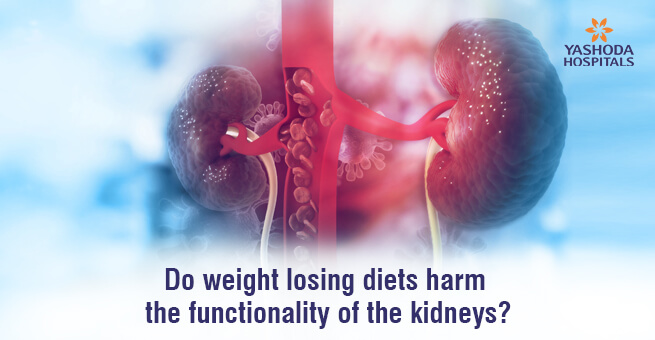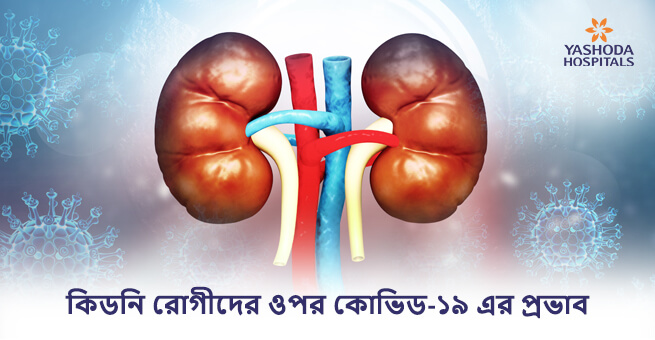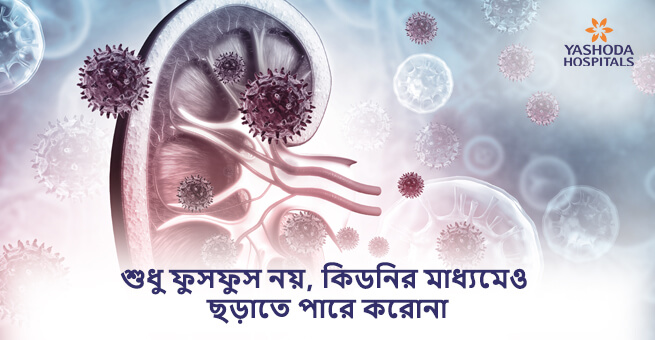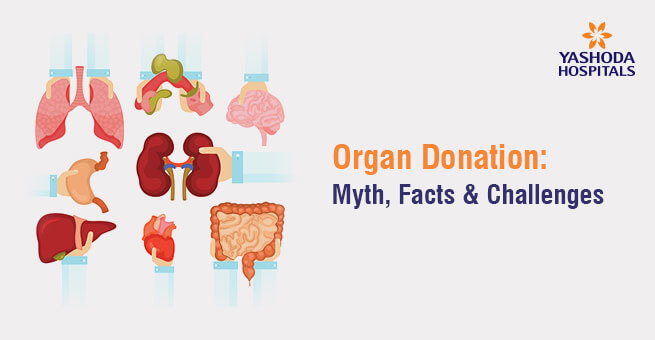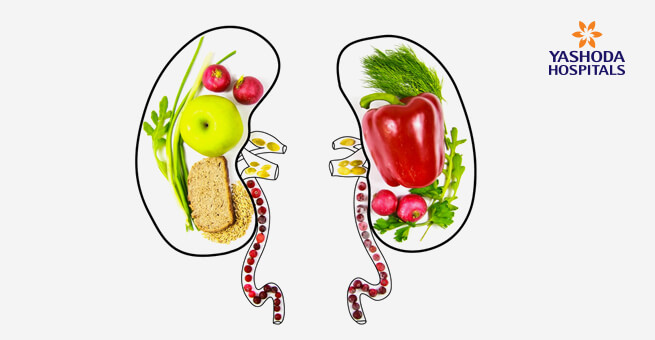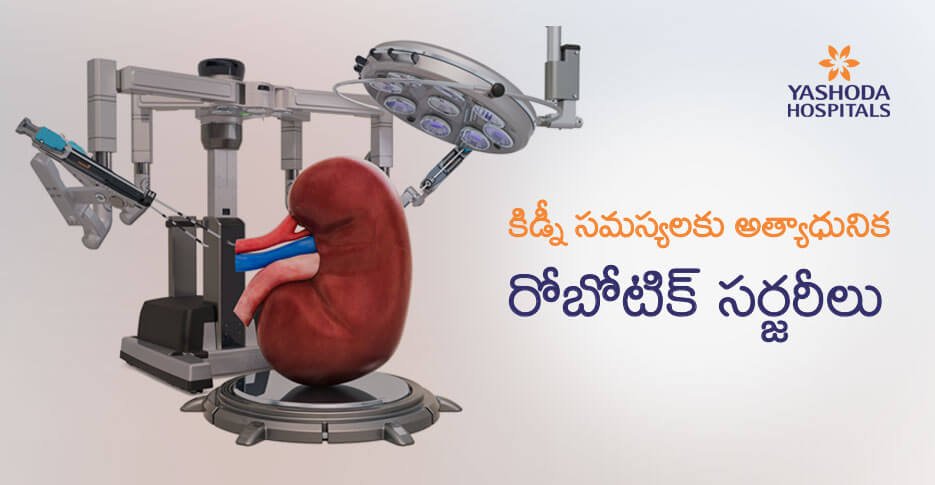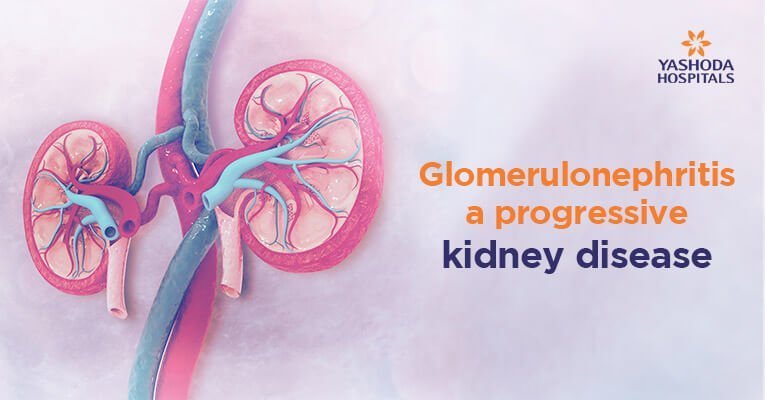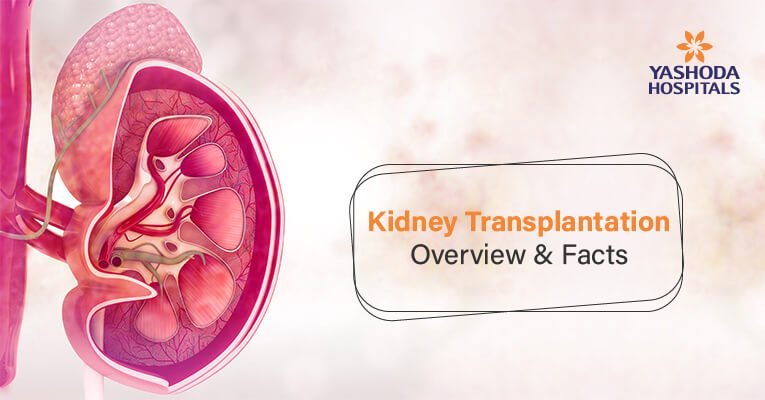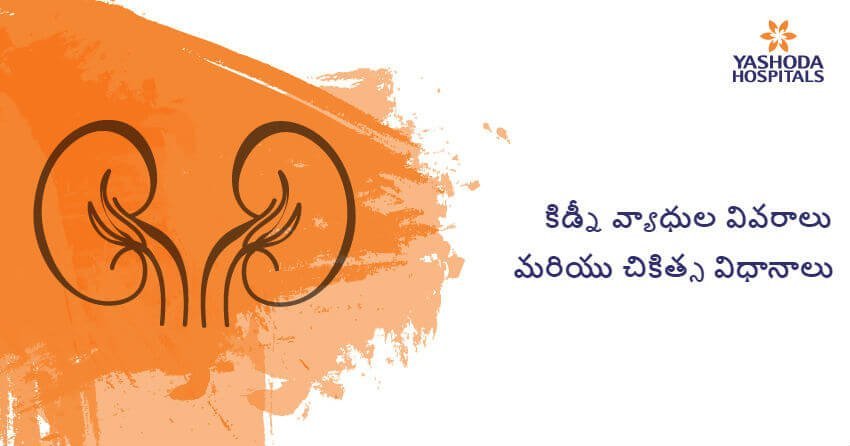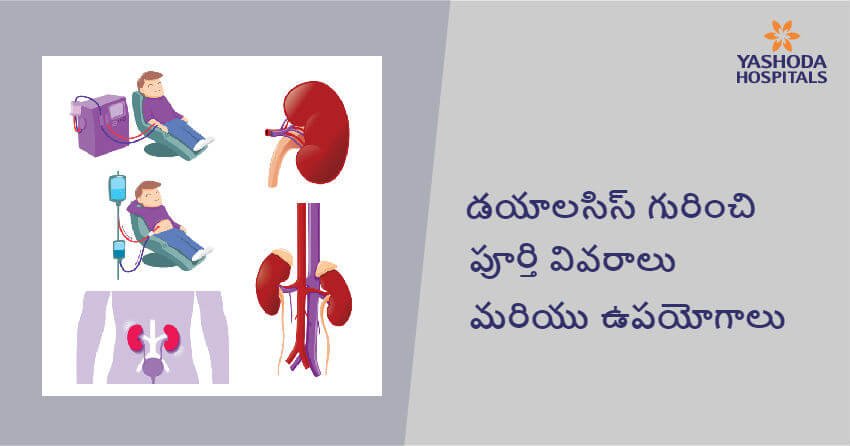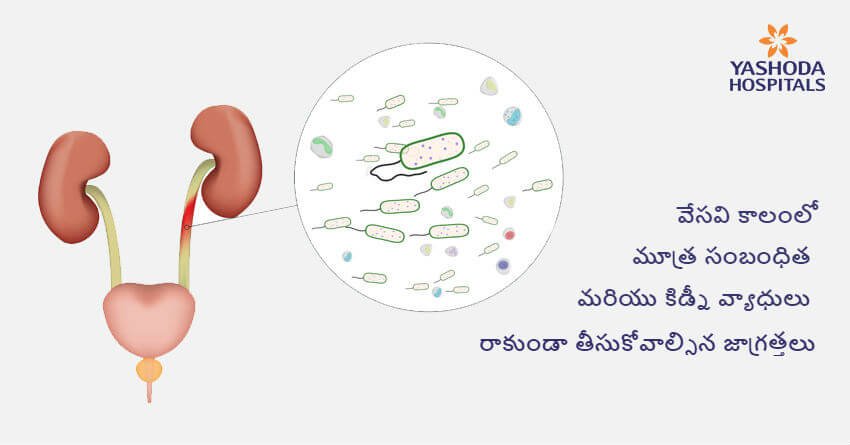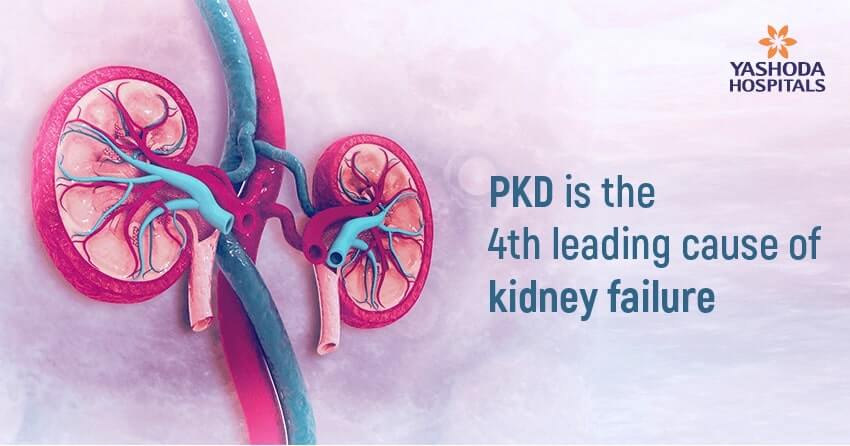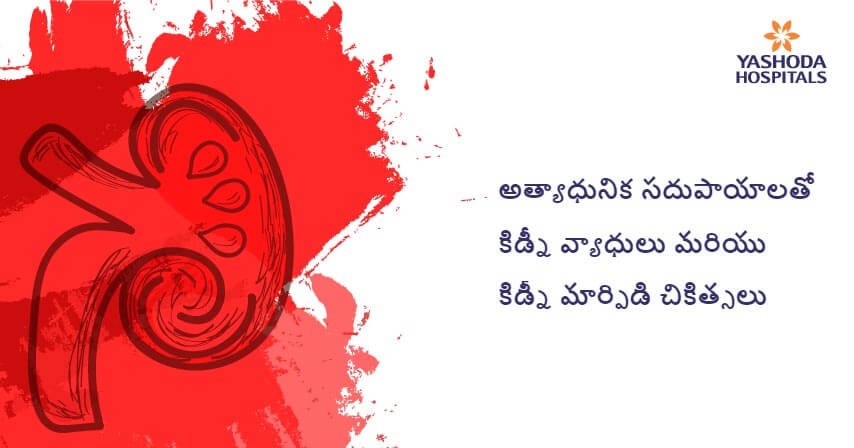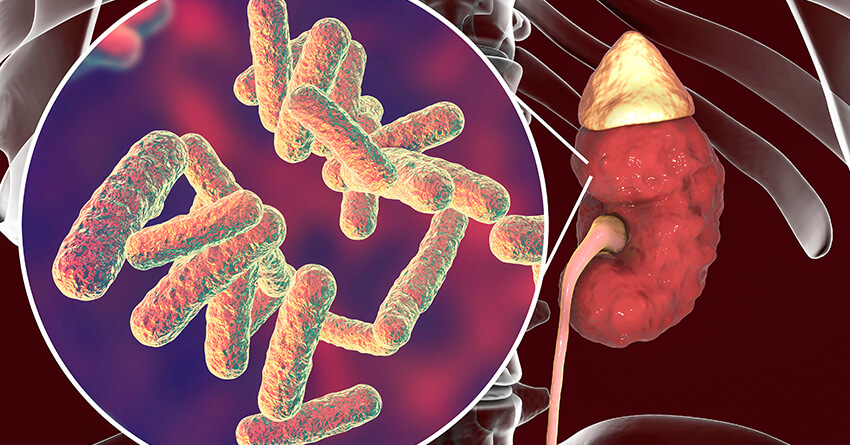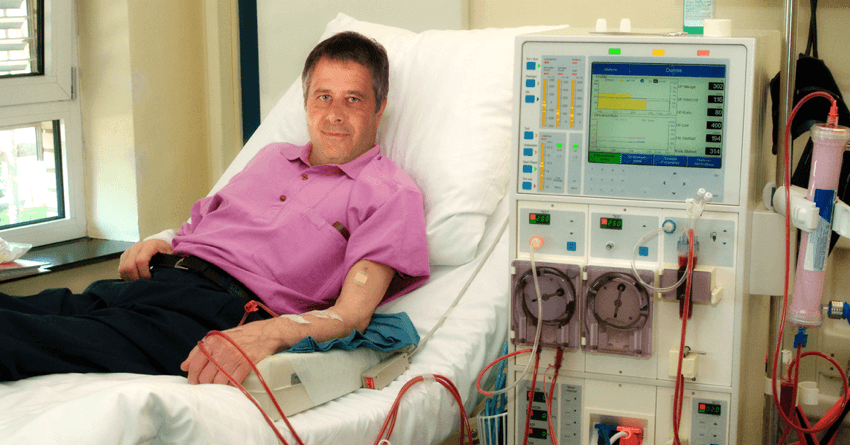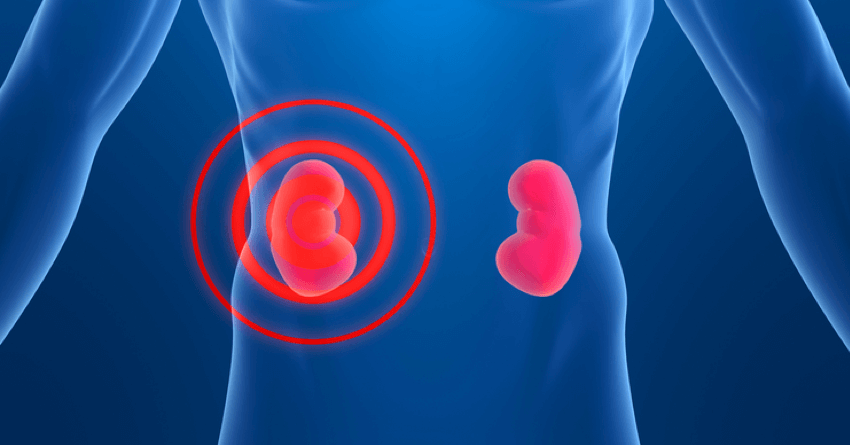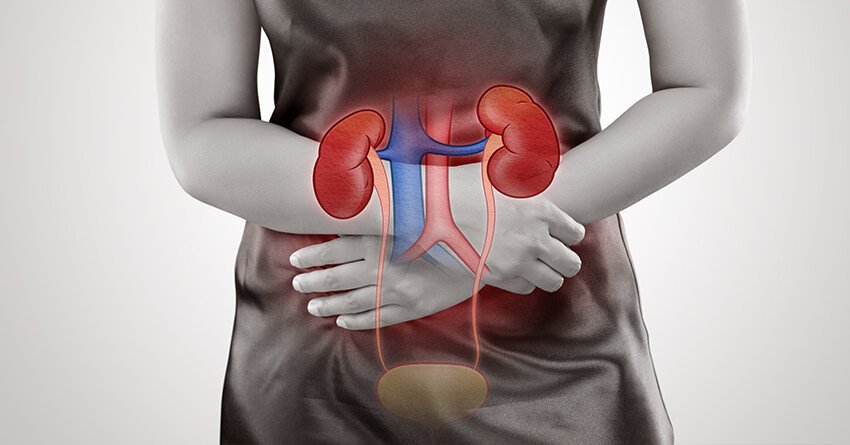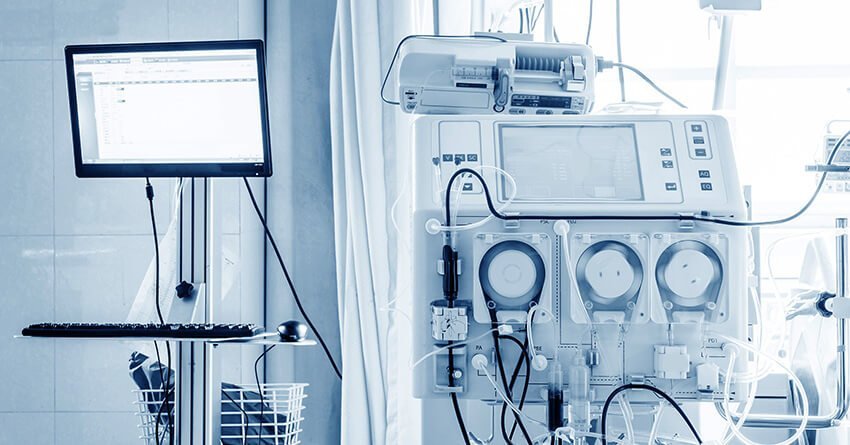Kidney Transplant Treatment Services in Hyderabad
Kidney transplants for Kidney diseases & Kidney failure
Kidney diseases and injuries can affect how kidneys function. Over a period of time, untreated kidney diseases can result in slow and silent decline in kidney function. Some of the diseases such as diabetic kidney disease, blood pressure, glomerular diseases, congenital kidney diseases, trauma or poisoning can cause damage to the nephrons, the filtering units of kidneys, and thus reduce the kidney function or renal function.
Kidneys are a pair of bean-shaped organs each roughly measuring a size of a fist. Kidneys process about 180 liters of blood and remove almost 2 liters of waste every day. Renal function: When both the kidneys are functioning normal. Kidneys are made of small filtering units called nephrons, a group of tiny blood vessels called glomerulus connected to a urine collecting tubule. The glomerulus plays a major role in retaining normal proteins, blood cells and allowing only extra fluid and wastes into the tubule. An intact electrolyte balance and complex chemical exchanges ensure the kidneys function of regulating fluid levels, blood pressure, and calcium & other electrolyte levels in the blood.
Renal function or Kidney function is intact when both the kidneys are working efficiently as measured by estimated glomerular filtration rate (eGFR). eGFR is the measure of percentage of kidney function that is available. Rarely, small or mild decline (30 to 40%) is noticed even in normal individuals. People with reduced kidney function usually have an associated kidney disease and there are chances of both of them worsening with age. Kidney diseases and decline in kidney function are usually silent, until the decline is severe with an eGFR of 25%. Any further decline below 10 – 15% requires lifetime dialysis or renal transplant or dialysis.
Some of the common diseases with associated kidney failure are:
Kidney Failure Treatment in Hyderabad
- Acute kidney injury (AKI): A sudden injury and resulting sudden drop in functions of kidneys due to infection or trauma or accident is called acute kidney injury. Sometimes the damage to the kidneys is reversible, thus it is also called as acute renal failure. However, AKI may lead to permanent loss of kidney functions.
- Chronic kidney disease (CKD): A longstanding trigger or a health condition can cause slow, silent deterioration of kidney functions. The gradual loss of kidney function is called as chronic kidney disease of chronic renal insufficiency. The eGFR falls below 60 for 3 months or longer in patients with CKD. Over a period of time, further decline & serious damage to the kidneys cause complications. Patients with CKD are at a greater risk of heart conditions, stroke and even death.
- End-stage renal disease (ESRD): End-stage renal disease is a disease characterized by permanent, total or near total kidney failure. As a result, the body retains water and waste materials causing the hands/feet to swell. The condition is called as uremia, which can result in seizures or coma when untreated. Immediate and routine dialysis or kidney transplantation then becomes very essential.
Kidney transplants for Kidney disease Kidney failure
It is important that patients with kidney diseases take control of their health. There is no cure for chronic kidney disease (CKD) and end-stage renal disease (ESRD). However, a prompt action plan goes a long way to delay the progress, reduce complications such as stroke, heart attack. People with reduced kidney function should:
- Visit their doctor/nephrologist regularly.
- Keep a close tab on vitals such as blood glucose levels & blood pressure and take steps to prevent anemia of renal failure.
- Avoid pain relief pills that may worsen kidney diseases. They should check with their healthcare provider before taking any medicine.
Patient Testimonials For Kidney Transplant








